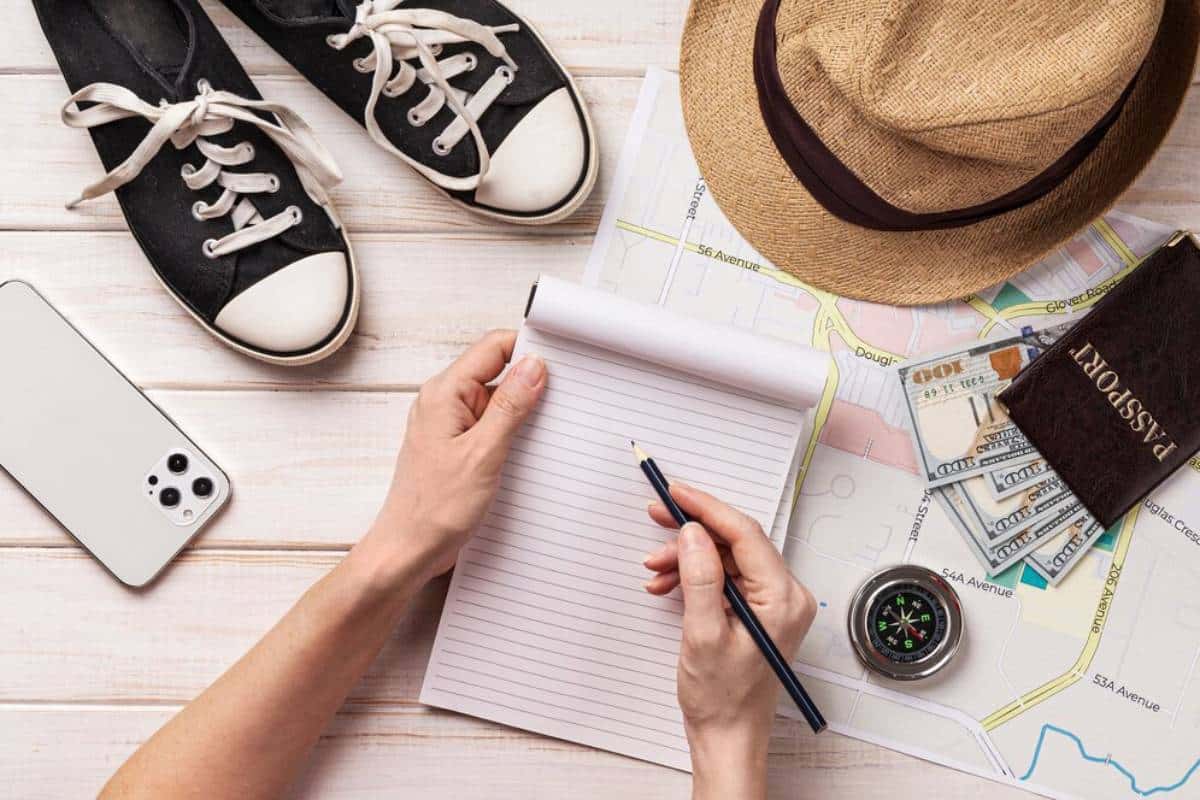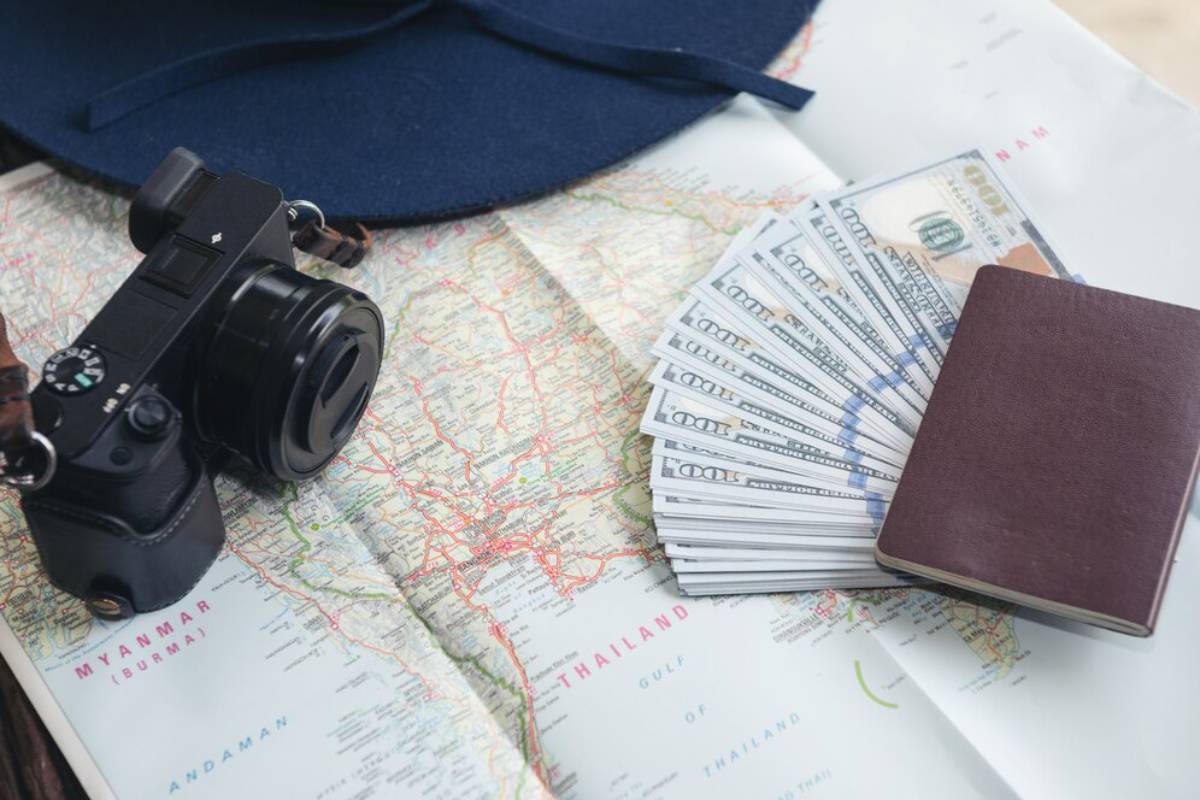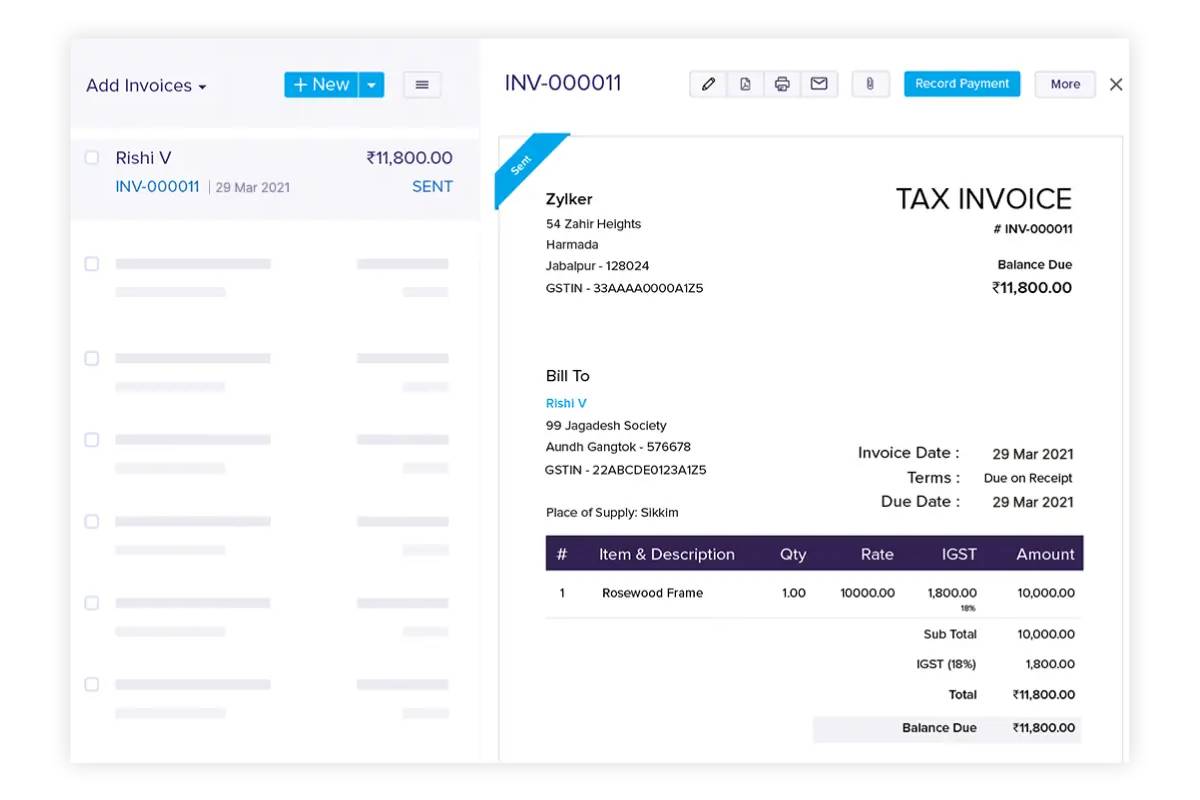
Travel and Subsistence: What Can You Claim?
You hop on a train to meet a client in London. You grab a sandwich at the station, pay for parking, and maybe even stay overnight if it’s a long haul. These costs add up quickly, but can you claim them on your tax return?
If you’re self-employed or run a limited company, knowing what travel and subsistence expenses you can legitimately claim is essential. Done right, these claims reduce your tax bill and keep more money in your business. Done wrong, and you risk falling foul of HMRC.
In this guide, we’ll break down what you can (and can’t) claim when it comes to business travel, meals, overnight stays, and more. We’ll walk through real-life examples, explain the grey areas, and arm you with the knowledge to make confident, compliant claims.
If you’ve ever wondered whether that Pret lunch or train fare counts as a business expense, you’re in the right place.
What Are Travel and Subsistence Expenses?
The Basics
Travel expenses refer to the costs you incur when travelling for business purposes — meetings, site visits, training, or client work away from your usual location.
Subsistence covers the essential costs associated with travel, such as food, drink, and accommodation.
According to HMRC, expenses must be “wholly and exclusively” for business purposes. That’s the golden rule.
Who Can Claim These Expenses?
You can claim travel and subsistence expenses if you are:
- Self-employed (sole trader or freelancer)
- A limited company director or employee
- Working temporarily at a location that is not your normal place of business
Whether you’re running your own graphic design business from home or managing a small consultancy, if travel is necessary for your business operations, it usually qualifies.
Allowable Travel Expenses

Let’s get into the details — here’s what you can typically claim.
1. Public Transport
- Train tickets
- Bus fares
- Underground and tram travel
- Domestic flights
- Taxis (if necessary for business reasons)
Real-world example: You travel from Manchester to Birmingham for a client pitch. Your train fare (£58) and return taxi to the meeting venue (£12) are fully deductible.
2. Mileage Allowance (Using Your Own Vehicle)
If you use your personal car or motorbike for work, you can’t claim fuel directly. Instead, HMRC allows you to use the approved mileage rates.
Mileage rates for 2024/25:
- Cars and vans: 45p per mile (first 10,000 miles), then 25p
- Motorcycles: 24p per mile
- Bicycles: 20p per mile
You’ll need to:
- Keep a log of dates, destinations, and mileage
- Only claim for business journeys — not commuting
Tip: Use apps like MileIQ or TripLog to track mileage automatically.
3. Parking and Tolls
- Parking charges while visiting clients or attending events
- Toll road fees (e.g. Dartford Crossing, Severn Bridge)
Not claimable:
- Parking fines
- Speeding tickets
What About Commuting?
HMRC draws a hard line here: travel between your home and permanent place of work is not allowable — it’s considered commuting.
Claimable: Travel to a temporary workplace — a location you don’t usually work from and where your assignment lasts less than 24 months.
Not claimable: Daily travel from home to a regular office, studio, or co-working space.
Allowable Subsistence Expenses
Now let’s talk about the food, drink, and overnight stays that often accompany business travel.
1. Meals While Travelling
If you’re away from your usual place of work and the journey is sufficiently long, you can claim reasonable costs for meals.
Examples include:
- Lunch on the road between client meetings
- Coffee and snacks during long journeys
- Evening meal when staying overnight
Important: Meals must be tied to the journey. Buying lunch while working from home doesn’t count.
What’s “reasonable”? HMRC doesn’t set a specific daily limit, but lavish meals or alcohol could raise eyebrows. Think moderate, not Michelin-starred.
2. Overnight Accommodation
If your business trip requires an overnight stay, you can claim:
- Hotel or B&B charges (reasonable standard)
- Meals (dinner and breakfast)
- Laundry (if staying several days)
Not allowed:
- Room service movies
- Mini bar purchases
- Accommodation for spouses, unless they are employees, and the trip is for business
3. Per Diem Allowance (for Limited Companies)
If you run a limited company, you can pay yourself a per diem allowance instead of tracking every receipt. This is based on HMRC benchmark scale rates.
Current guideline rates:
- £5 for travel over 5 hours
- £10 for travel over 10 hours
- £25 for travel over 15 hours and into late evening
Conditions:
- You must be away from your normal work location
- You must incur the cost — no claiming per diem without actual spending
This approach simplifies admin but requires adherence to HMRC rules.
How to Keep Records
To ensure your claims are HMRC-compliant:
- Save all receipts and invoices (digital copies are fine)
- Keep a logbook for mileage (with the purpose of each trip)
- Use accounting software (e.g. FreeAgent, QuickBooks, Xero) to track claims
- Maintain evidence of bookings, such as train tickets or hotel confirmations
HMRC recommends keeping records for at least 6 years.
Real-Life Scenario: Alex the Freelance Photographer

Alex travels from his home in Bristol to Leeds for a two-day photo shoot.
Here’s what he claims:
- Train ticket: £96 return
- Taxi to venue: £14
- Hotel: £85 per night x 2 = £170
- Evening meals: £22 + £18 = £40
- Breakfasts are included in the hotel rate
- Coffee and lunch on both days: £30 total
Total claimable expenses: £350
Because this was a temporary workplace and the journey was wholly for business, all costs are allowable.
What You Cannot Claim
Let’s be clear — some expenses are off-limits, even if they’re related to work:
- Commuting to a permanent office
- Meals while working from home
- Client entertainment (not allowed for tax deduction, even if a business expense)
- Personal costs during trips (e.g. tourist attractions, gym access)
Just because you have the receipt doesn’t mean HMRC will accept it.
Claiming Through Self-Assessment vs Limited Company
Self-Employed (Sole Traders and Freelancers)
- Claim business travel and subsistence costs directly as allowable expenses
- Include in your Self-Assessment tax return
Limited Company Directors
- You can reimburse yourself for business travel costs
- Submit expense reports with receipts
- Use per diem rates or actual costs
- Claims are corporation tax-deductible
Subsistence or Salary?
If you run your own company and take a salary, don’t confuse expense claims with income.
Travel and subsistence claims are not taxed as income — they’re reimbursements of business costs.
However, if you go overboard, you may end up triggering a benefit-in-kind charge, so keep claims proportionate and well-documented.
Common Pitfalls to Avoid
- Forgetting receipts — no receipt, no claim
- Claiming personal meals — lunch at your desk doesn’t count
- Inflating mileage — round to the nearest mile, not the nearest city
- Combining business and leisure — only claim the business portion
- Claiming commuting — even if you work for yourself, travelling to your regular base is not deductible
Conclusion: Make Your Travel Work for You

Business travel can be expensive, but it doesn’t have to eat into your profits. By understanding what travel expenses and subsistence allowance you can claim, you’ll reduce your tax bill and ensure you’re not paying more than you should.
Here’s your takeaway checklist:
- Track all business journeys and keep records
- Understand what HMRC considers “reasonable” and “allowable”
- Use approved mileage rates and per diem rates where applicable
- Never claim for commuting or personal costs
The rules may seem strict, but they’re not designed to catch you out — they’re there to ensure fairness. Claim what you’re entitled to, stay organised, and you’ll navigate business travel expenses with confidence.


